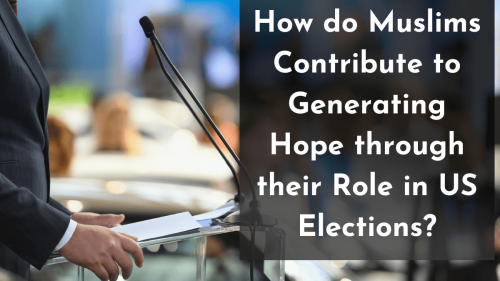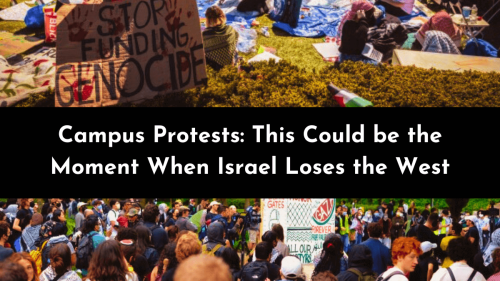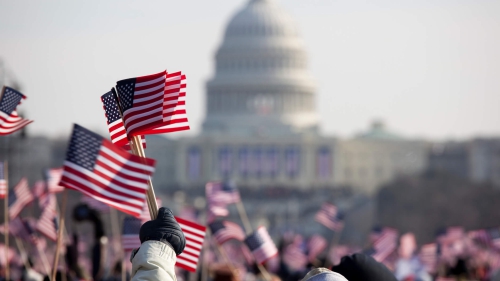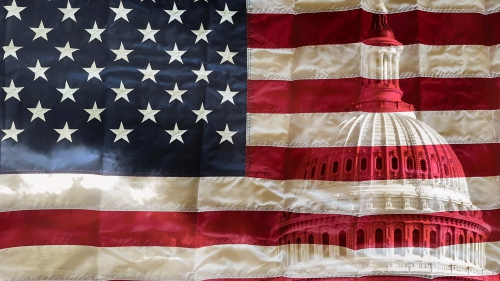Part 5: How do Muslims Interact with Non-Muslims in America?

Part 1: Why Muslims Must Participate in the Political Process in the United States
Part 2: How do Muslims Participate in the American Political Landscape?
Part 3: Why a Third-party Choice is Relevant?
Part 4: How do Muslims Contribute to Generating Hope through their Role in US Elections?
Keeping in view that Muslims are a tiny minority in the United States, let me begin addressing this sensitive issue by citing my personal experience. I was born in former East Pakistan, which is now Bangladesh, where the current ruling party has always used about eleven or twelve percent Hindu community as an election card.
In Pakistan, a little over one percent Christians receive treatment as inferior folks frequently using and abusing a British decree known as the blasphemy law against them. In Malaysia, where I have spent most of my working life, Muslims currently constitute about sixty percent of the total population; they secured a special (son of the soil) status because they had lost their rights during the British colonial rule.
However, even after more than half a century since independence, they insist on retaining most of the privileges that they had received under the colonial administration. Many of us fail to understand that the Qur’an is a book of guidance applicable irrespective of time and space.
When we apply this to our situation in the United States, we find that Muslims constitute only one or two percent of the total population and in term of the prophetic period, this situation is very similar to his Makkan period where believers constituted a similar percentage of the total population.
How did the prophet interact with the mainstream community? Although the Prophet ﷺ was respected as al-Amin or trustworthy by the community at large, the establishment came violently to suppress his message.
This situation is very similar to ours in America today. What do we do learn from the Prophet’s example in this context?
During the early years of his mission, the Prophet received active support from his uncle Abu Talib who never publicly accepted Islam although the Prophet passionately desired so. Why did Allah subhan wa ta’ala did not accept the Prophet’s desire for his dear uncle die as a Muslim
What is the wisdom behind this? In my humble understanding, this should lead us to reflect on how we interact with non-Muslims. Are there Abu Talib type characters in America today? We must note here that Abu Talib was closely related to Makkan establishment.
Are there no open-minded, just and unprejudiced in the American political establishment today? I am sure there are many nondiscriminatory non-Muslims who, like Muslims, would like to have an accountable, democratic, uncorrupt and trustworthy government.
If I have understood the spirit of Qur’anic guidance, I must suggest that Muslims should look for such characters and cooperate with them to establish an accountable, democratic and trustworthy government.

















